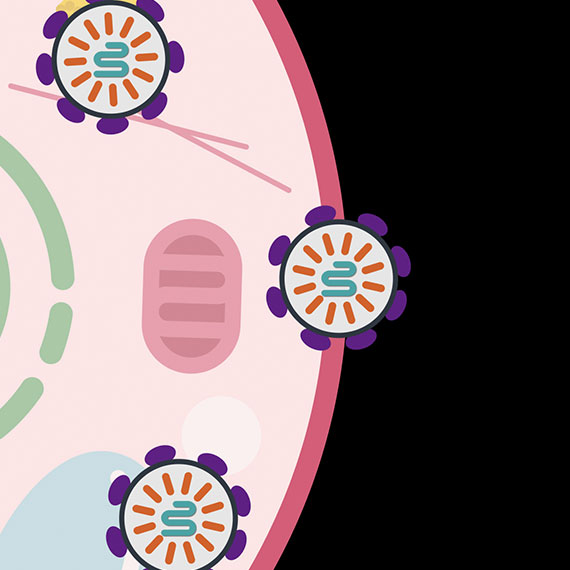Zhang pioneered the development of CRISPR-Cas9 as a genome editing tool and its use in eukaryotic cells –including human cells – from a natural adaptive immune system found in bacteria.
He has substantially expanded this toolbox through discovery and harnessing of new CRISPR and CRISPR-associated systems. These new tools not only include additional DNA-targeting CRISPR systems, but also systems that target RNA as well as systems that insert large stretches of DNA. In addition to developing new methods to deliver these tools into human cells, his group has also developed and applied CRISPR-based technologies, including large-scale screening methods, to advance our understanding of human diseases such as cancer, autism spectrum disorder, and Alzheimer’s disease and to diagnose pathogens like SARS-CoV2. Zhang has also developed methods to modulate cell state and cell fate, opening new avenues for generation of cellular models of disease and bioengineering.
Collectively, these tools, which he has made widely available, are accelerating research, particularly biomedical research, around the world. In 2023, the first Cas9-based therapeutic, which is based on a design Zhang developed in 2015, was approved for clinical use to treat sickle cell disease.
Feng Zhang is the James and Patricia Poitras Professor of Neuroscience at MIT, a McGovern Institute Investigator, and a professor in MIT’s Departments of Brain and Cognitive Sciences and of Biological Engineering. He is also a core member of the Broad Institute of MIT and Harvard and an Investigator at the Howard Hughes Medical Institute.
Zhang joined MIT and the Broad Institute in 2011, was awarded tenure in 2016, and became a full professor in 2018. He grew up in Iowa after moving there with his parents from China at age 11. He received his AB in chemistry and physics from Harvard College and his PhD in chemistry from Stanford University. Zhang is a trustee of the non-profit organizations Society for Science & the Public, and Center for Excellence in Education.






